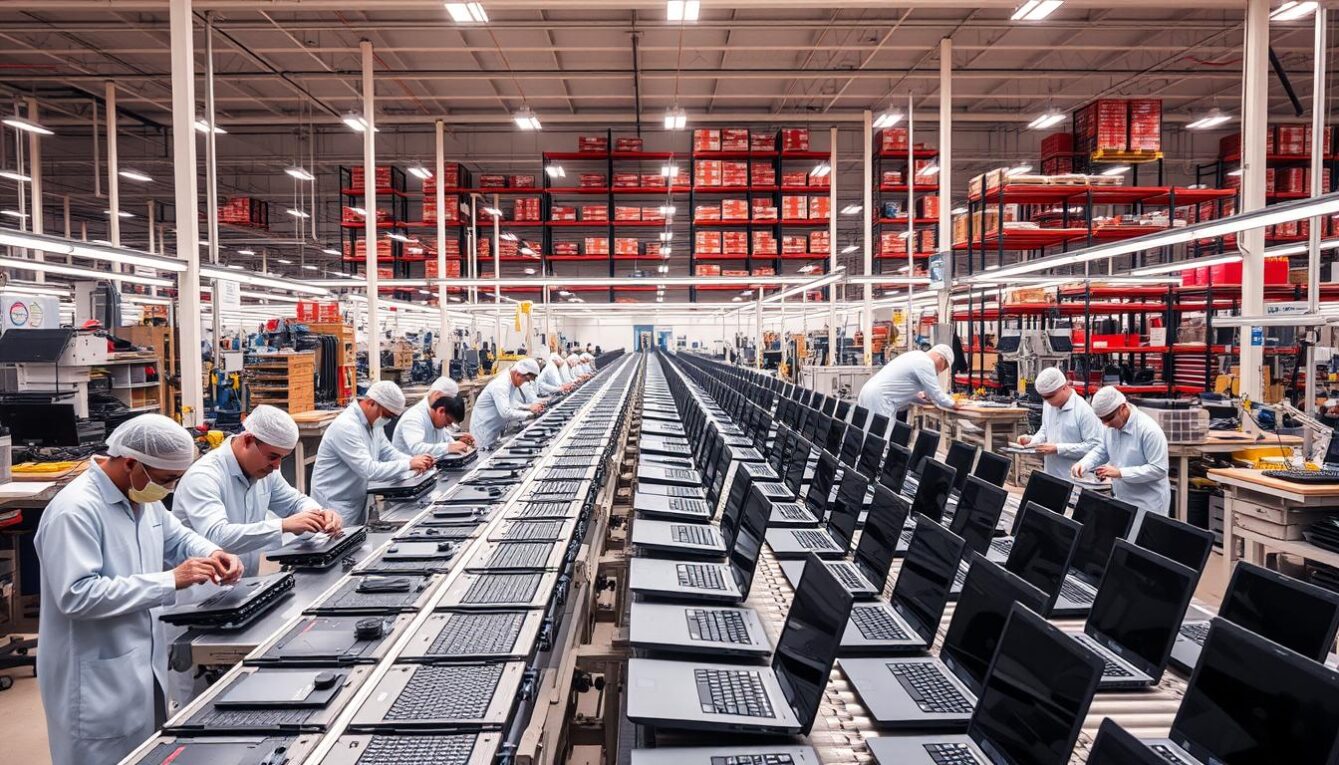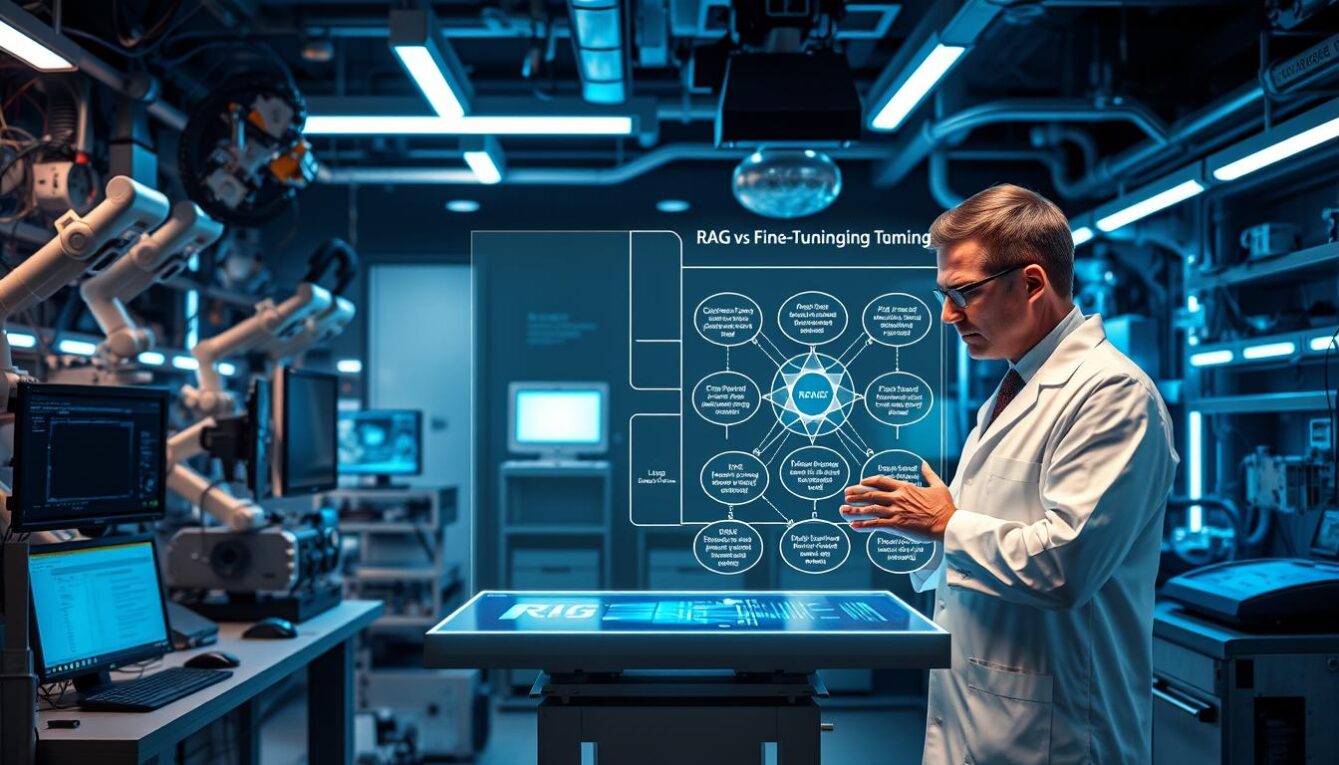Machine learning, a subset of artificial intelligence, is revolutionizing various industries by enabling computers to learn from data and make predictions or decisions. This article will explore real-world machine-learning applications and how it’s transforming various sectors. Dive in and discover the power of this cutting-edge technology!
Machine Learning Applications in Healthcare
Disease Diagnosis and Prediction
Utilizing machine learning algorithms, vast amounts of medical data can be analyzed to identify patterns and make accurate predictions about disease diagnoses. For instance, ML algorithms can examine medical images, detect early signs of cancer or even predict the likelihood of heart disease based on various risk factors. As a result, this paves the way for earlier interventions and the development of more personalized treatment plans, ultimately improving patient outcomes.
Drug Discovery
Machine learning can speed up the drug discovery process by analyzing complex biological data and predicting the effectiveness of potential new drugs. ML algorithms can identify promising drug candidates more quickly and cost-effectively than traditional methods by simulating how a drug interacts with a target protein.
Machine Learning Applications in Finance
Fraud Detection
Machine learning offers valuable assistance to financial institutions in detecting fraudulent activities. Firstly, it analyzes vast amounts of transaction data in real time. Additionally, ML algorithms can identify patterns and anomalies potentially indicative of fraud. Consequently, this enables companies to take prompt action, thereby preventing significant losses from occurring.
Algorithmic Trading
Machine learning has revolutionized algorithmic trading by enabling the development of more sophisticated trading strategies. By analyzing vast amounts of financial data, ML algorithms can identify patterns and predict market trends, enabling traders to make more informed decisions and maximize profits.
Machine Learning Applications in Retail
Personalized Recommendations
Online retailers can leverage machine learning to provide personalized product recommendations based on a customer’s browsing and purchase history. By analyzing data about a user’s preferences and behavior, ML algorithms can suggest products the customer is more likely to be interested in, leading to increased sales and customer satisfaction.
Inventory Management
Machine learning can help retailers optimize inventory management by predicting product demand based on historical sales data, seasonal trends, and other factors. This enables companies to reduce stockouts and overstocking, improving efficiency and reducing costs.
Machine Learning Applications in Marketing
Customer Segmentation
Machine learning algorithms can analyze customer data to identify distinct segments based on demographics, behavior, and preferences. This enables marketers to create targeted campaigns that resonate with specific customer groups, increasing engagement and higher conversion rates.
Sentiment Analysis
Machine learning can help companies gauge public sentiment toward their products or brand by analyzing social media posts, reviews, and other online content. This information can be used to inform marketing strategies and improve customer satisfaction.
Machine Learning Applications in Manufacturing
Quality Control
Machine learning can automate quality control processes by analyzing data from sensors and cameras to identify defects in products or manufacturing processes. By detecting anomalies and identifying the root cause, ML algorithms can help companies improve product quality and reduce waste.
Predictive Maintenance
Machine learning can help companies predict equipment failures and schedule maintenance more effectively. By analyzing sensor data, ML algorithms can identify patterns that indicate potential equipment issues, allowing companies to address problems before they lead to costly downtime.
Machine Learning Applications in Transportation
Autonomous Vehicles
Machine learning is a critical component of autonomous vehicle technology, enabling cars to navigate complex environments and make real-time decisions based on sensor data. Self-driving cars can improve their performance and safety by continually learning from their surroundings.
Traffic Management
Machine learning can optimize urban traffic flow by analyzing data from traffic cameras, sensors, and other sources. ML algorithms can identify patterns and predict congestion, enabling traffic management systems to adjust light traffic timings and divert traffic to less congested routes.
Machine Learning Applications in Agriculture
Crop Yield Prediction
Machine learning algorithms can help farmers predict crop yields more accurately by analyzing weather, soil conditions, and historical yield data. This information enables farmers to optimize planting, irrigation, and harvest strategies, increasing productivity and reducing crop loss.
Pest and Disease Detection
Machine learning can identify signs of pests or diseases affecting crops by analyzing images captured by drones or satellites. Early detection of these issues allows farmers to take action before the problem becomes widespread, reducing the impact on crop yields and overall agricultural productivity.
Machine Learning Applications in Energy
Smart Grid Management
By employing machine learning, we can enhance the management of energy resources in smart grids. Specifically, these grids utilize real-time data to balance supply and demand effectively. Furthermore, ML algorithms can analyze data from diverse sources, including weather forecasts, energy consumption patterns, and renewable energy production. As a result, they make accurate predictions and inform decision-making processes. Consequently, this leads to a reduction in energy waste and decreased costs.
Predictive Maintenance for Renewable Energy Systems
Machine learning can be used to predict the need for maintenance in renewable energy systems, such as wind turbines and solar panels. By analyzing data from sensors and other sources, ML algorithms can identify patterns that indicate potential equipment issues, helping companies address problems before they lead to reduced energy production or costly repairs.
Machine Learning Applications in Education
Adaptive Learning Systems
Machine learning helps create adaptive learning systems. These systems offer personalized education based on a student’s style, interests, and performance. Analyzing a student’s progress and engagement allows for adjustments. ML algorithms modify content and difficulty, keeping students challenged and engaged.
Automated Grading and Feedback
Machine learning algorithms can grade assignments and provide feedback to students more quickly and consistently than human graders. By analyzing patterns in student work, ML algorithms can identify areas where students are struggling and provide targeted feedback to help them improve their understanding of the material.
Machine Learning Applications in Human Resources
Talent Acquisition
Machine learning can help companies streamline hiring by analyzing candidate data, such as resumes, application materials, and assessment results. ML algorithms can identify patterns and predict a candidate’s likelihood of success, enabling companies to make more informed hiring decisions and reduce the time it takes to fill open positions.
Employee Retention
Machine learning algorithms can analyze employee data, such as performance metrics, engagement levels, and demographic information, to predict the likelihood of an employee leaving the company. This information can help companies identify at-risk employees and develop targeted strategies to improve job satisfaction and retain top talent.
Conclusion
These are just a few examples of the many real-world applications of machine learning. As technology advances, we can expect to see even more innovative uses of machine learning across various industries. By harnessing the power of machine learning, businesses and organizations can unlock new levels of efficiency, accuracy, and innovation, driving growth and improving the quality of life for people worldwide.










